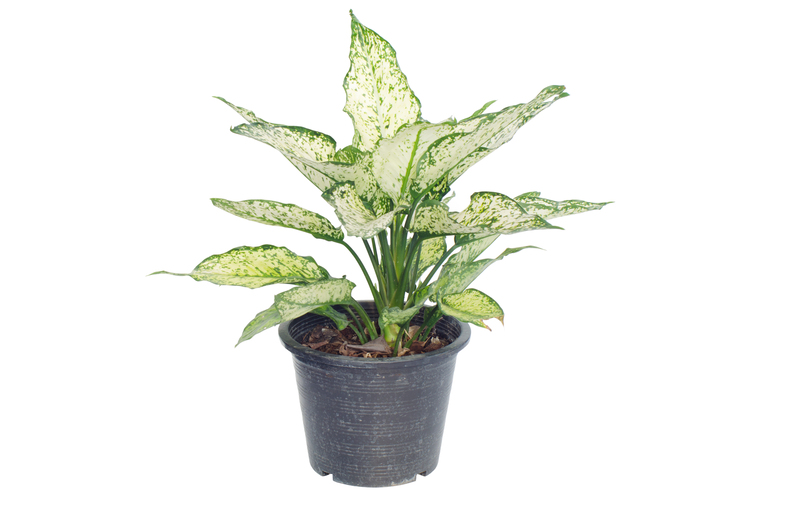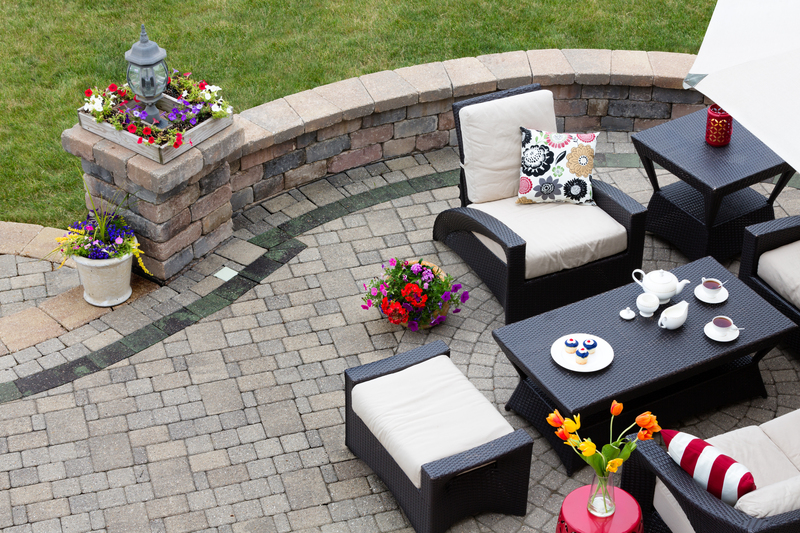Top Advice for Launching Your Hydroponic Garden
Posted on 13/06/2025
Hydroponic gardening is an innovative method for growing plants without soil by using nutrient-rich water solutions. It's gaining popularity due to its efficiency, environmental sustainability, and the ability to grow plants in small spaces. If you've been thinking about starting your own hydroponic garden, here is some advice to help you get started.
1. Understand the Basics of Hydroponics
Before diving into hydroponic gardening, it's essential to understand the fundamental principles behind it. Hydroponics involves growing plants in a soilless medium, with nutrients delivered directly to the roots through the water solution. This method often results in faster growth and higher yields compared to traditional soil gardening.

2. Choose the Right System
There are several types of hydroponic systems, including wick systems, deep water culture, nutrient film technique, aeroponics, and drip systems. Each has its own set of benefits and challenges. Research each system to determine which best suits your needs, space, and gardening experience.
3. Select Suitable Plants
Not all plants are ideal for hydroponic gardening. Leafy greens like lettuce, spinach, and kale, herbs such as basil, mint, and cilantro, and certain fruits like strawberries and tomatoes tend to thrive in hydroponic systems. Start with these plants to ensure a successful and rewarding experience.
4. Invest in Quality Equipment
High-quality equipment is crucial for the success of your hydroponic garden. This includes grow lights, pumps, timers, pH meters, and nutrient solutions. Opt for reliable brands and equipment to ensure long-term sustainability and efficiency in your gardening endeavors.
5. Maintain Optimal Conditions
The key to a successful hydroponic garden is maintaining optimal growing conditions. This includes proper lighting, temperature, humidity, and pH levels. Regularly monitor and adjust these factors to ensure your plants remain healthy and productive.
6. Monitor Nutrient Levels
Nutrient management is a critical aspect of hydroponic gardening. Plants rely on a balanced supply of nutrients for healthy growth. Regularly check and adjust the nutrient solution to meet the specific needs of your plants. Over or under-fertilization can lead to poor plant health and reduced yields.
7. Regular Maintenance
While hydroponic gardening can be less labor-intensive than traditional gardening, it still requires regular maintenance. Clean and inspect your system regularly to prevent algae growth, blockages, and other issues that may hinder plant growth. Ensure pumps and timers are functioning correctly, and replace any worn-out parts promptly.
8. Be Patient and Observant
Patience is key when starting a hydroponic garden. It might take time to understand the nuances and get everything running smoothly. Keep a close eye on your plants and system, make adjustments as needed, and learn from any mistakes.
Pros and Cons of Hydroponic Gardening
Pros
- Faster plant growth and higher yields
- Efficient use of water and nutrients
- Ability to grow plants in limited spaces
- Reduced risk of soil-borne diseases and pests
Cons
- Initial setup costs can be high
- Requires careful monitoring and maintenance
- Risk of equipment failure affecting plant health
- Limited variety of plants that can be grown
Tips for Success
- Start with a small system to learn the basics before expanding
- Keep a gardening journal to track progress and note any issues
- Join online forums or local groups for support and advice
- Regularly research and stay updated on hydroponic techniques and innovations

Takeaways
Hydroponic gardening offers numerous benefits, including faster growth, higher yields, and the ability to grow plants in small spaces. Understanding the basics, choosing the right system, investing in quality equipment, and maintaining optimal conditions are crucial for success. While there are some challenges, the rewards make it a worthwhile endeavor.
Conclusion
Launching a hydroponic garden can be a rewarding and sustainable way to grow your own food. By following the advice and tips outlined above, you can create a thriving hydroponic system that yields abundant, healthy plants. Embrace the learning process, stay patient, and enjoy the journey of hydroponic gardening.
Latest Posts
Essential Tools for Passionate Gardeners
Top 9 Gardening Tips for Newbies
Top Edible Wild UK Plants and Flowers



